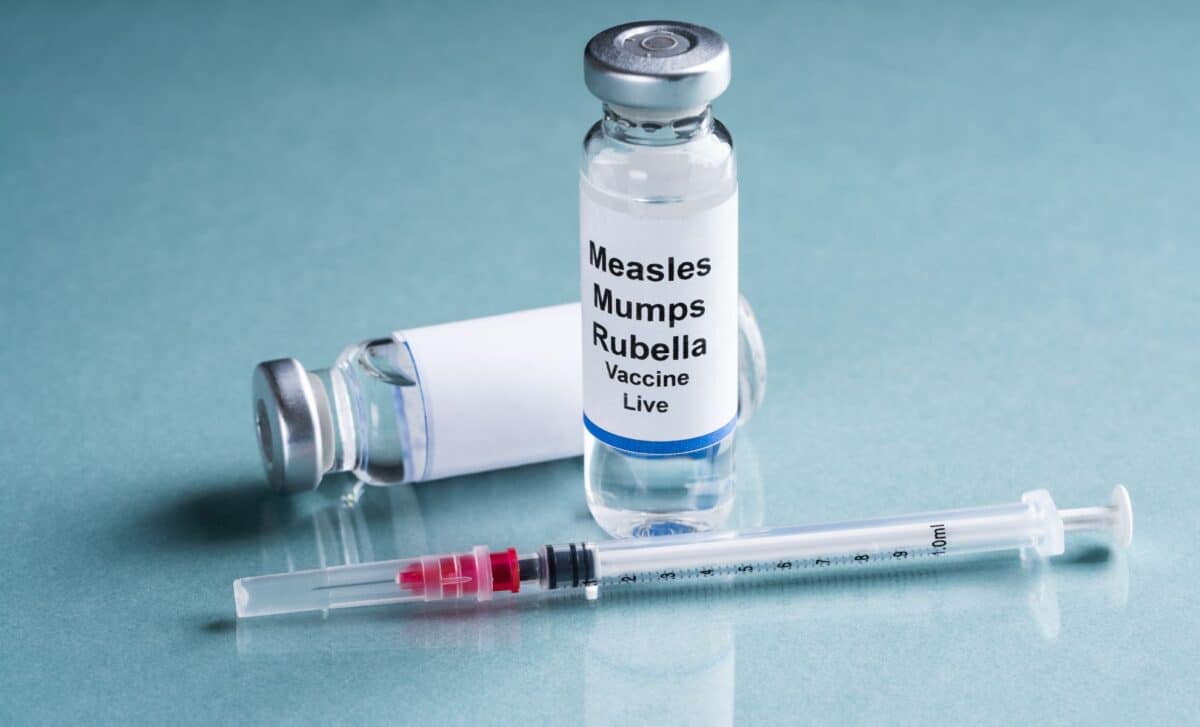Measles is making a sharp resurgence across the globe, with a dramatic rise in cases being reported in North and South America, as well as in Europe. This alarming trend is prompting public health authorities to re-examine vaccination strategies and the growing challenges posed by vaccine hesitancy.
In 2025, North and South America have seen a staggering 11-fold increase in measles cases compared to the same period in 2024. Europe is facing its highest measles rates in 25 years. These surges underscore the persistent threat of this highly contagious virus, once considered nearly eradicated in many countries.
A Global Measles Outbreak
According to the World Health Organization (WHO), both North and South America are now classified as high-risk areas for measles. In the United States, there have been 935 confirmed cases of measles as of May 2, 2025, a sharp increase from the 285 cases reported in 2024.
The most significant outbreak is occurring in Texas, where 702 people have been infected, and three have died. Public health experts attribute this surge to several factors, including a decline in vaccination rates, especially in communities that have been hesitant or unable to access vaccines.
In Canada, the situation is similarly concerning, with over 1,000 cases reported so far in 2025. An outbreak that started in New Brunswick in late 2024 has spread across multiple provinces.
Measles cases have also been reported in Mexico and several South American nations, signaling that the virus is moving beyond North America and Europe. The European Centre for Disease Prevention and Control (ECDC) has reported 35,212 cases in 2024, a tenfold increase from previous years.
The Impact of Declining Vaccination Rates
Measles is one of the most contagious viruses known to humans, with an R0 (basic reproduction number) ranging from 12 to 18, far higher than the flu or COVID-19.
According to Rebecca Schein, a pediatric infectious disease specialist, the resurgence of measles is directly tied to declining vaccination rates, which have dropped sharply over the past two decades. This decline has been exacerbated by the COVID-19 pandemic, which disrupted immunization schedules globally.
The U.S. had eliminated measles in 2000 through widespread vaccination efforts, but recent years have seen an uptick in outbreaks, primarily among unvaccinated groups. This trend is not isolated to the U.S.; other countries experiencing similar issues are seeing their own public health systems stretched as they fight to contain the virus.
Measles is not just a health issue; it poses significant economic and logistical challenges, particularly when hospitals face overcrowding due to outbreaks. To counter this rise, experts are urging governments to ramp up vaccination campaigns and re-establish public trust in the MMR vaccine.
Schein emphasized that achieving “herd immunity” — where 95% of the population is vaccinated — is critical to stopping the spread of the virus. Until vaccination rates increase, the global community will remain vulnerable to the re-emergence of this preventable disease.









